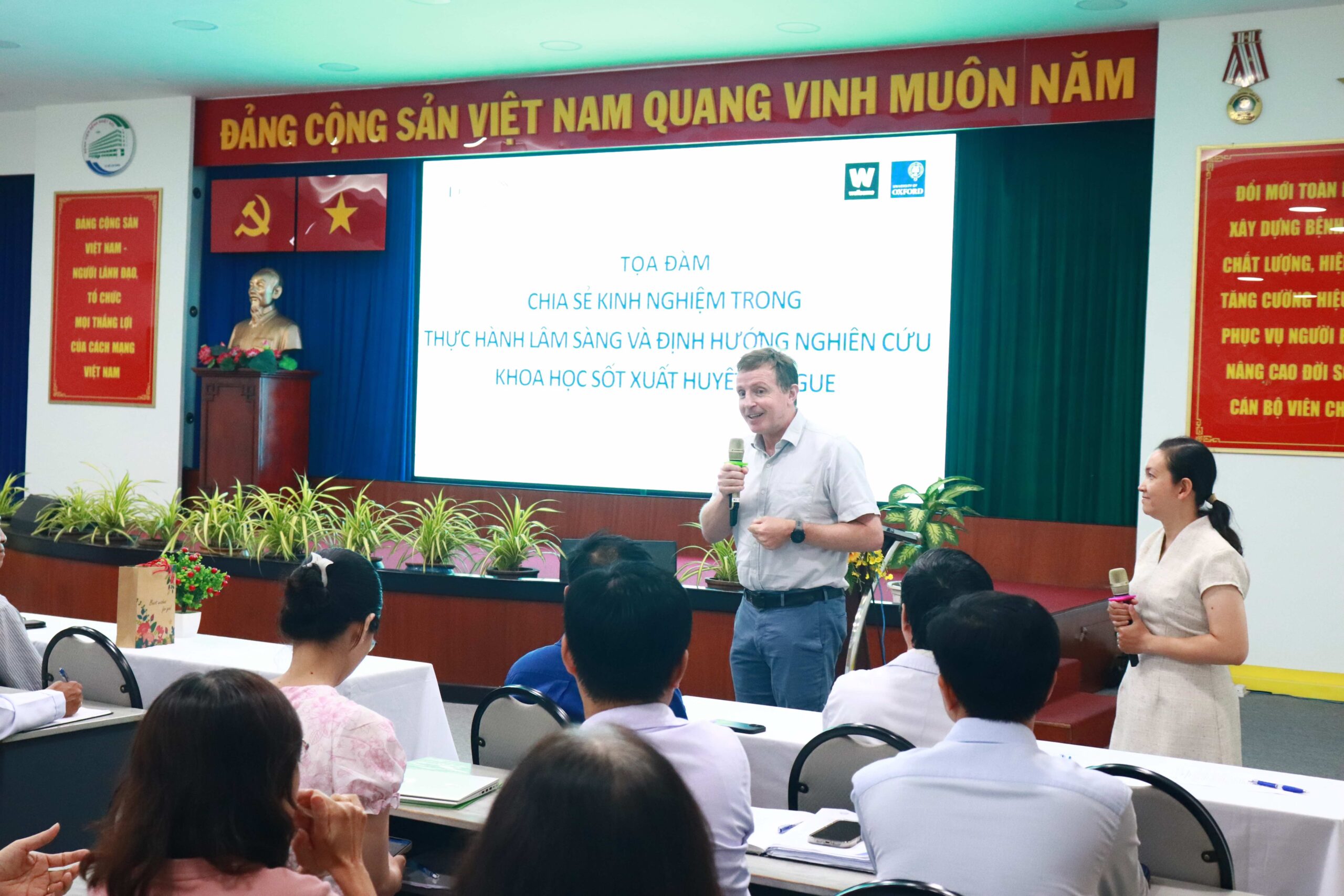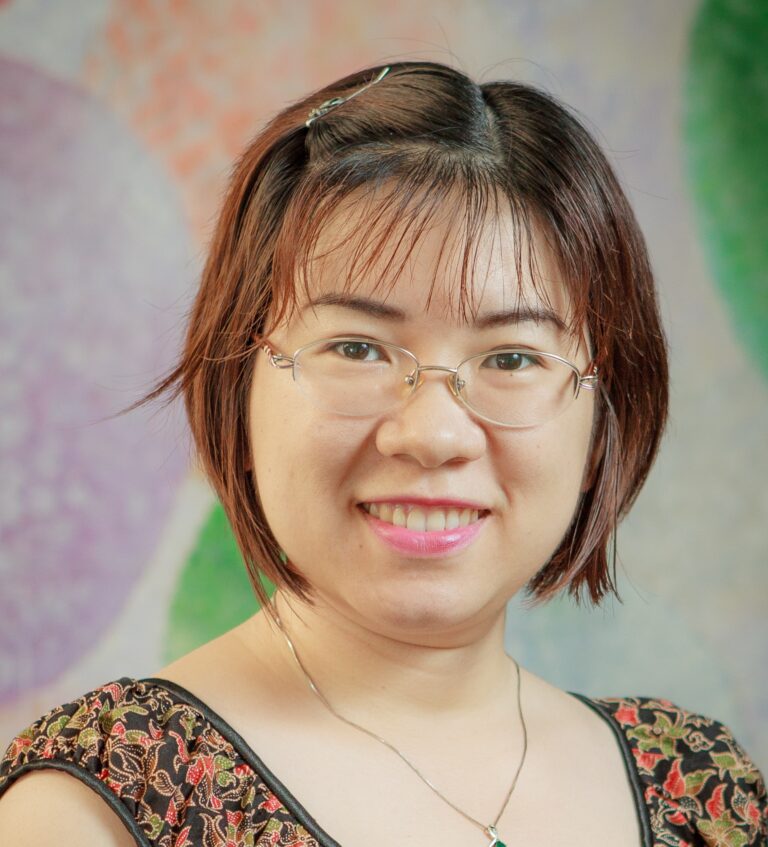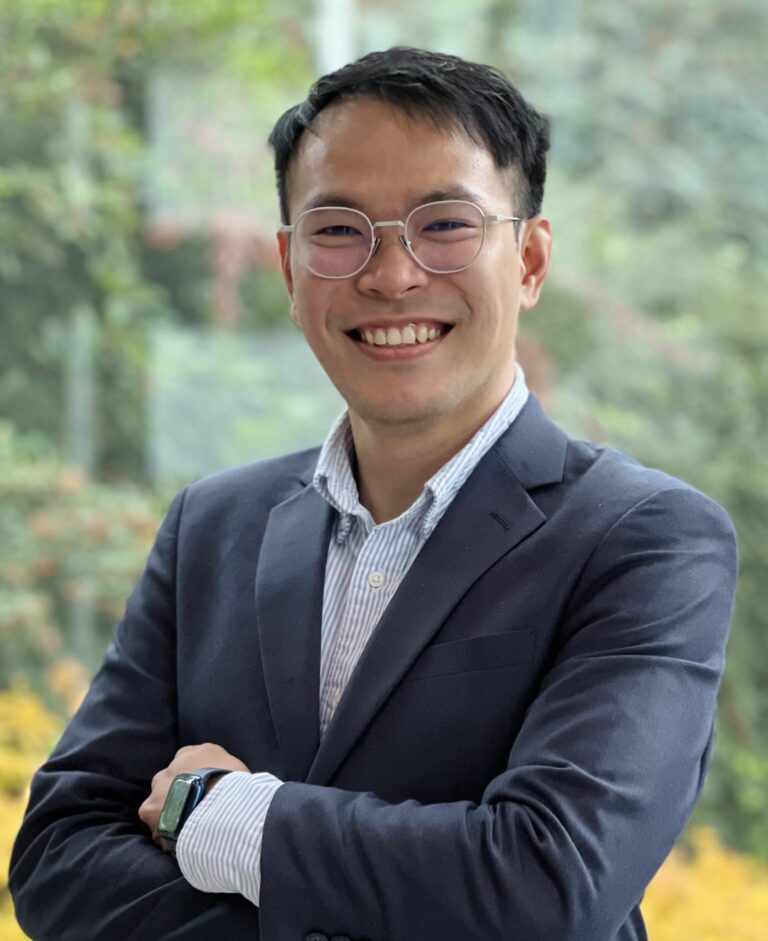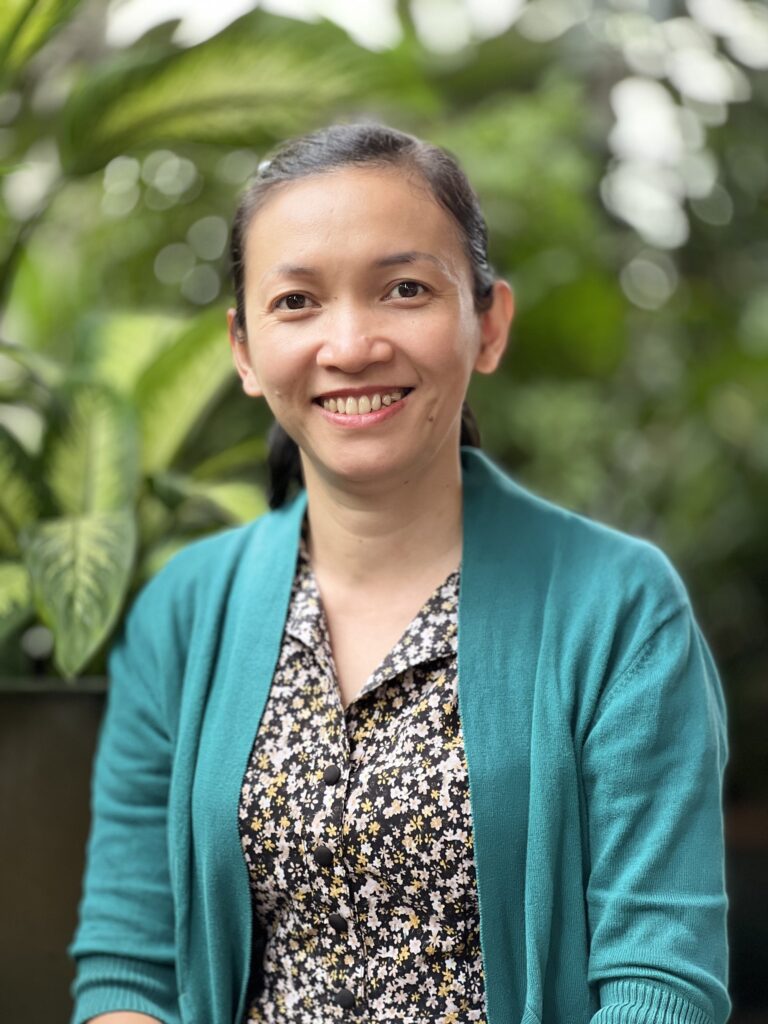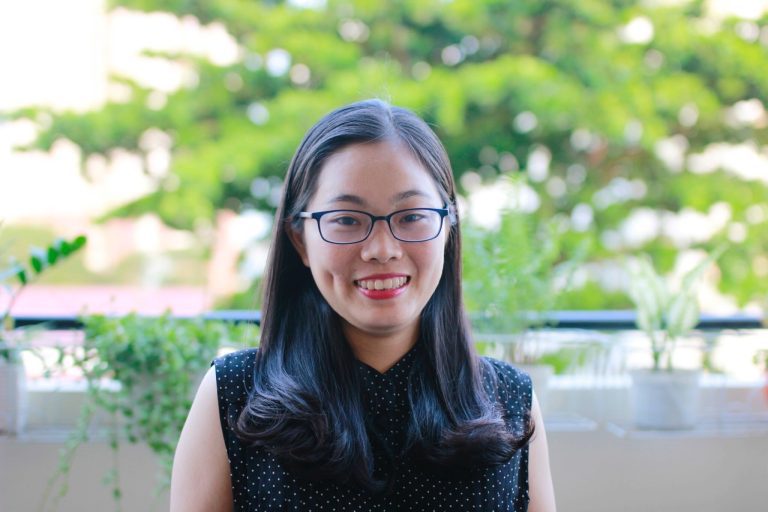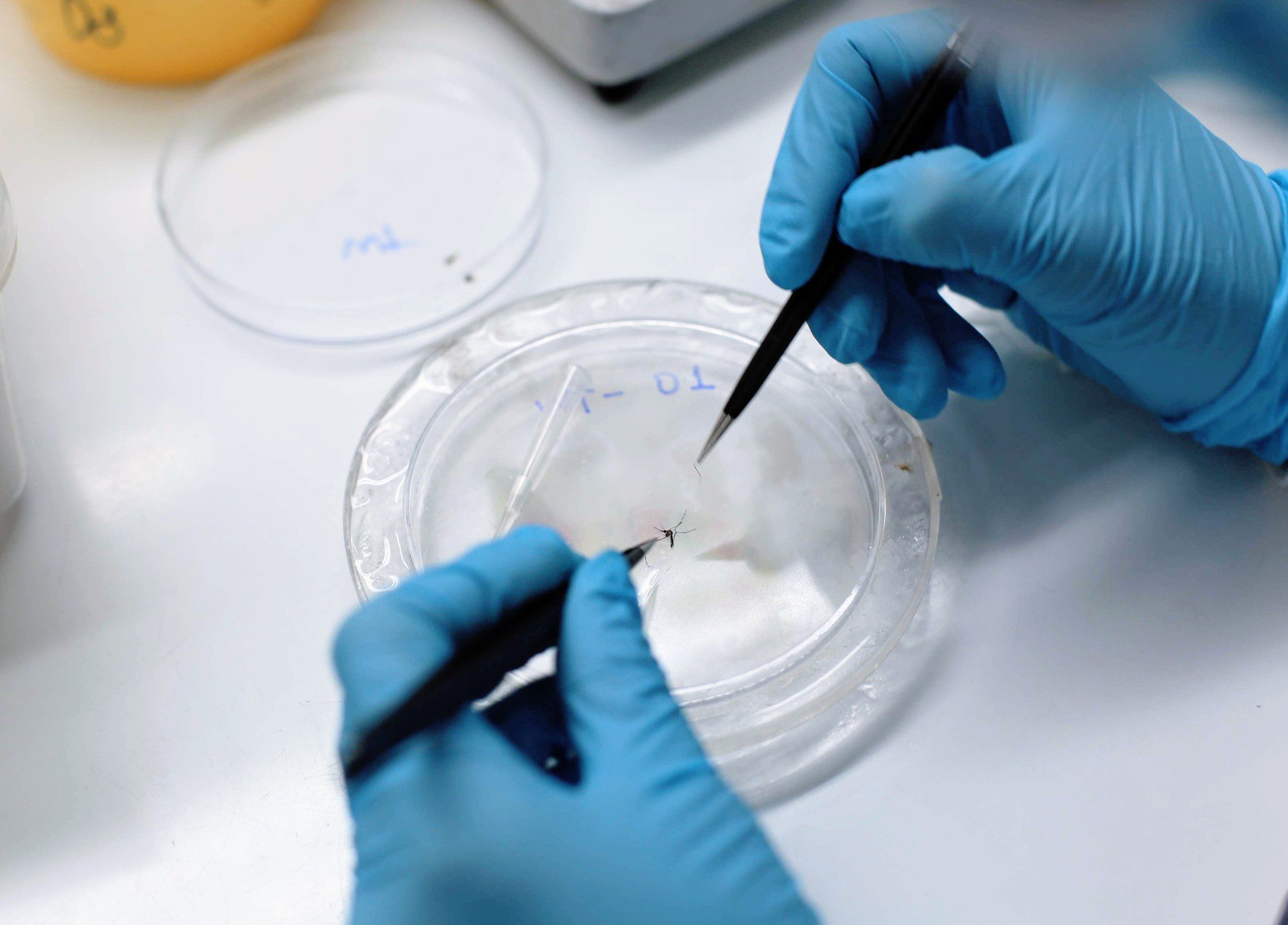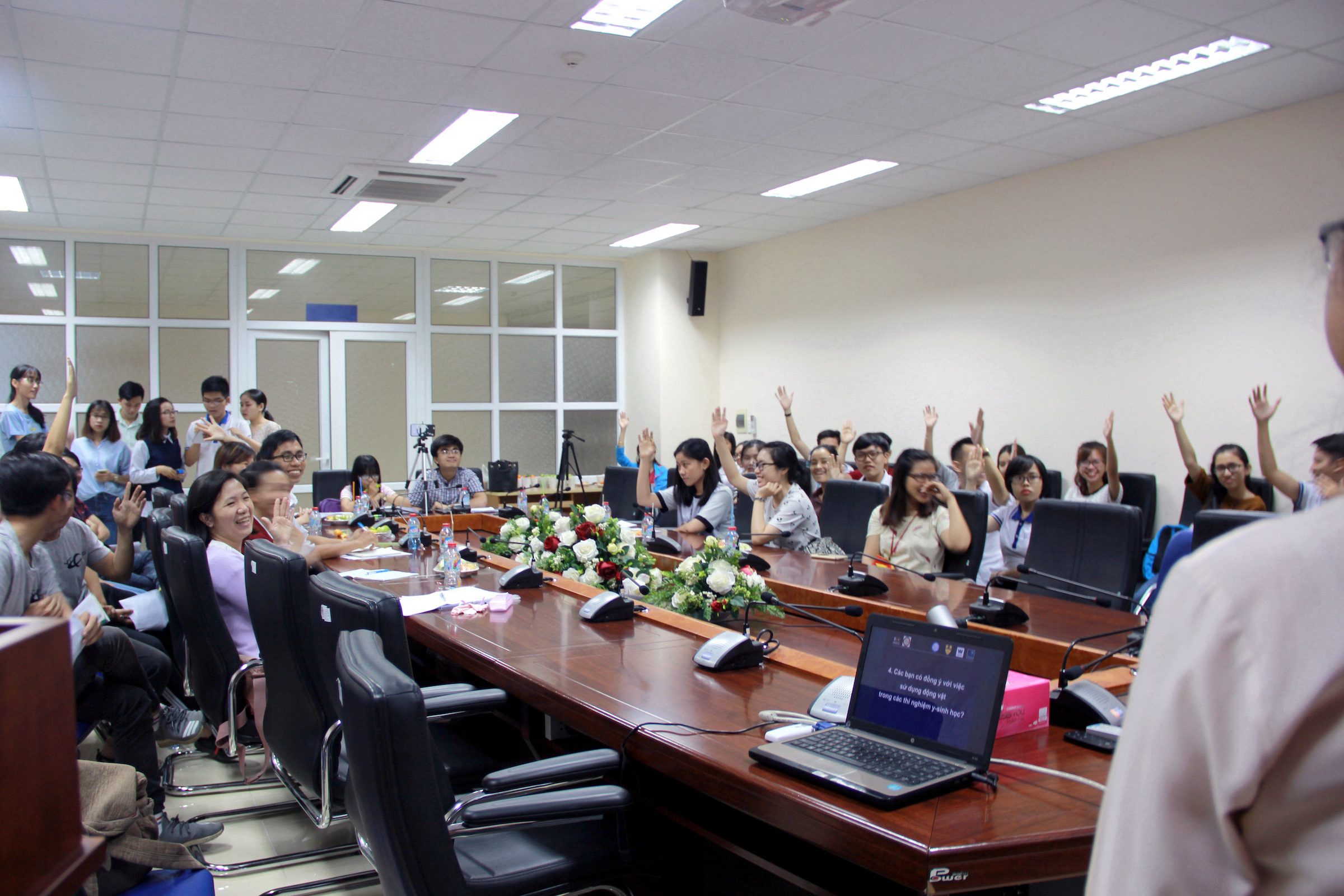According to the Ho Chi Minh Center for Disease Control, 2025 witnessed nearly 17,000 cases of Dengue, an increase of almost 170% compared to the same period in 2024. 73% dengue patients need to be hospitalised with 10 deaths put significant pressure on the healthcare system(*).
A current concern is that dengue is not only common in children anymore but is also spreading to adults; elderly people and those with underlying conditions are more likely to develop severe complications.
In response, as part of the ongoing partnership between Hospital for Tropical Diseases and OUCRU, the Dengue research group organised a specialised workshop to share current ongoing dengue clinical research outputs and shape research priorities with several top-tiered hospitals in Ho Chi Minh City. The workshop gathered more than 200 health professionals including leading doctors and researchers with decades of experience in treating and researching dengue. The workshop’s speakers including Dr Ho Quang Chanh, Head of Dengue Group, OUCRU; Dr Nguyen Minh Tien, Vice Director of City Children’s Hospital 1; and Dr Truong Ngoc Trung, Head of Adult Intensive Care Unit, Hospital for Tropical Diseases – focused on sharing new clinical evidences and discussed critical gaps in current practice.
Several constructive and diverse opinions were shared at the workshop, highlighting that clinical management of dengue remains highly complex. Delays in dengue accurate management can lead to rapid progress and serious consequences in severe cases. Through decades of experience, all health professionals who participated in the workshop agreed that Vietnam has achieved a high success rate in dengue treatment. However, they face several clinical and systemic challenges such as limited resources, overcrowding at top-tiered public hospitals, and difficulties in early diagnosis of dengue as well as accurately defining clinical indicators for severe progression to enable timely treatment.
Applying recent clinical evidence can help address key challenges, particularly by enabling early identification of high-risk patients to optimise care and resource allocation. The use of ultrasound may further support clinicians in delivering more accurate and tailored fluid management for dengue patients.
According to Dr. Hung, director of Children’s Hospital 1, dengue clinicians in Vietnam benefit from a unique ‘next-door’ partnership between OUCRU and frontline hospitals- where cutting-edge research meets daily clinical practice, providing both advanced expertise and invaluable hands-on experience.
The workshop closed with a call for continued collaboration between hospitals, researchers, and partners to advance dengue diagnosis and treatment, ensuring care remains timely, effective, and accessible.
Read more about OUCRU’s Dengue research portfolio here.
This workshop is part of OUCRU’s internal public and community engagement funding for researchers, Seed Awards. The awards aim to empower researchers to listen to, involve, and engage with communities who are relevant, either as research beneficiaries or are directly impacted by research outputs. Read more about Seed Awards here.
(*) https://nhandan.vn/khong-chu-quan-voi-benh-sot-xuat-huyet-post900126.html



